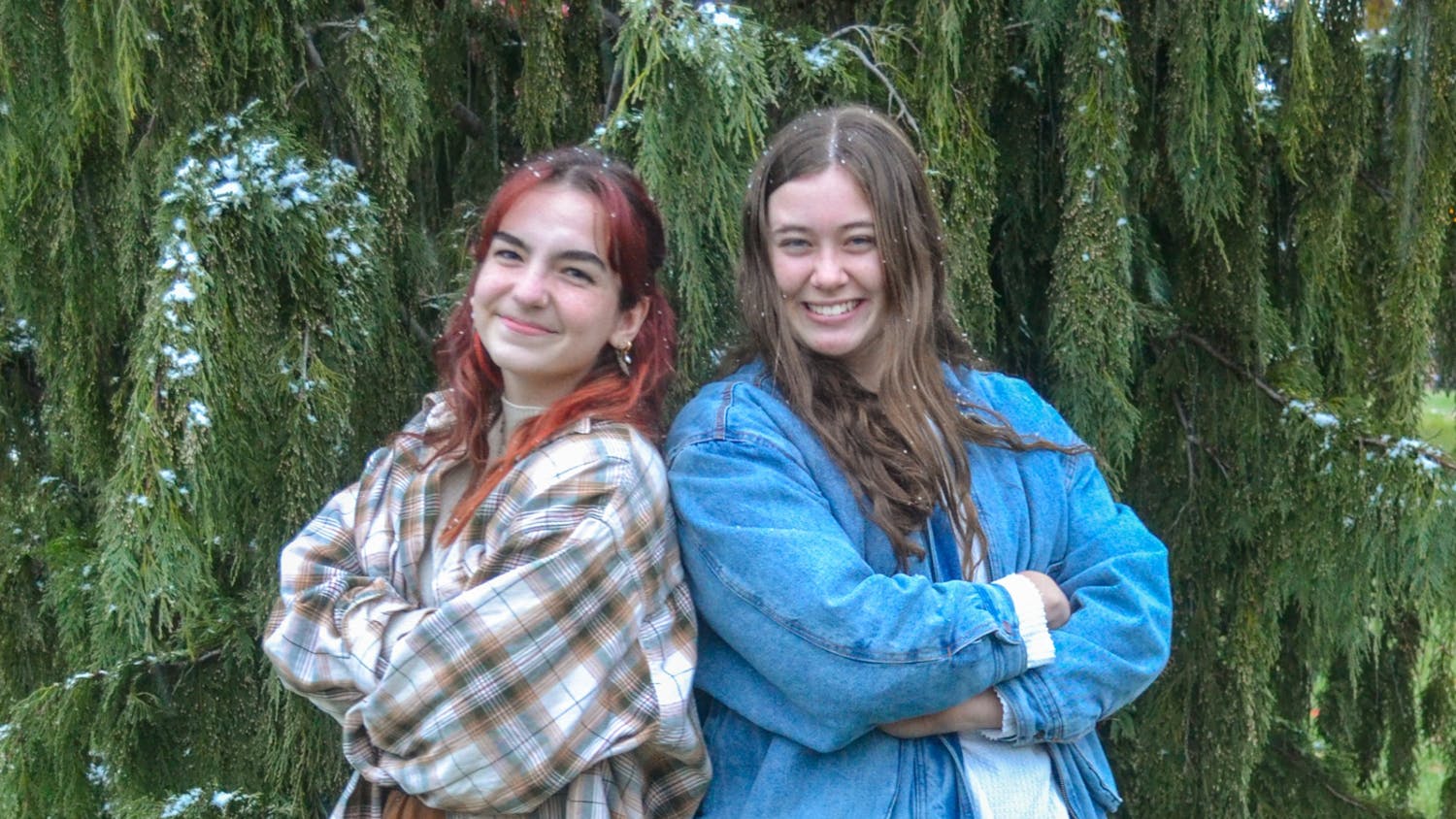By Olivia Jessup | Echo
Sex, alcohol, pooping. These are the thoughts of Taylor students without a filter and without identification. There's a new app out taking campus by storm. It's called Yik Yak, and it functions something like an anonymous Twitter.
In case you aren't already "yakking," the app uses your location and starts a "herd" of people around you talking about what's happening in real time. From students yakking in the food lines at the DC to complaining about Taylor culture or wishing they had a beer, it's one of the most powerful tools of understanding what students are thinking about on a daily basis. From a social research perspective, I think it's great. But maybe that's what I get for taking a social research course.
From a biblical perspective though, things get a little dicey.
Yik Yak exposes both the best and worst in people, and I think it says a lot not just about Taylor culture but also the evangelical culture we are surrounded with. Since students can say anything anonymously, they talk freely about sex, sexuality, alcohol, drugs, swearing, poop, food and anything else that comes to mind, including some racial slurs, rape jokes, and some of it is well-intended. Some of it is not.
Here lies the struggle: how does our faith interact with these new possibilities? It's fascinating to see numerous posts about how "if Jesus came back now, would he be happy with what you're doing?" and condemnation of anyone who posts against the herd (usually shown through downvotes on posts available in the app and passive-aggressive comments). There's a clash of opinions: the "post all nice things," and the "screw anyone who says I can't say this I'm invincible." As is common on social media, there doesn't seem to be much room for a gray area in between.
One comment seemed to hit at a core issue: "I hate that Taylor is a bubble where perfection is the expectation and deviance is unacceptable."
Reading through all this, my question is this: how can we speak our minds yet be mindful of others? There's a need for better vulnerability, but is Yik Yak the right place for that?
Many students have repressed thoughts and emotions they don't show because they think it's unacceptable to be anything but happy and pure. This is often a struggle here at Taylor, and even in my own life. However, there's a difference between struggle and outright rebellion, and Yik Yak doesn't always get that balance right. Just because you can say something doesn't mean you should, and as Taylor students and especially as Christians, we really should hold ourselves to a higher standard. The LTC helps us do that, like it or not.
It's been brought up many times throughout my time at Taylor and particularly in chapel this year that we need an outlet of honesty, truth and grace. We've created a culture on campus where it is very hard to be real. This isn't necessarily Taylor's fault but the product of our own Christian culture. We're saturated in it. We have to be "in the world and not of it." But more often than not, this means we're projecting these images of students who don't do wrong, students who are always happy and encouraged. Even though I appreciate efforts to encourage a positive environment, it keeps us hiding grief, depression, struggle, and yes, sex. This environment empowers people who are obedient on the outside and inwardly rebellious.
But I don't think Yik Yak is that outlet for grace and honesty. Without names, seemingly without consequences, it allows people to post the genuine and ridiculous and downright harmful. Instead of providing us a melting pot for pent-up emotions, it turns into a cauldron of dissension.
I think this is a symptom of something much larger, and obviously one article is not going to fix that. But I know there is grace. There's grace for you and me. Maybe if we just stepped off our soap boxes, if we stopped complaining for a moment and allowed ourselves and others the grace to screw up, then maybe we could understand others better. If we weren't so busy complaining about the tiniest details, we could understand that the person next to us is just as broken as the person in the mirror. Maybe then, we wouldn't need a place like Yik Yak to vent our every unfiltered thought.





